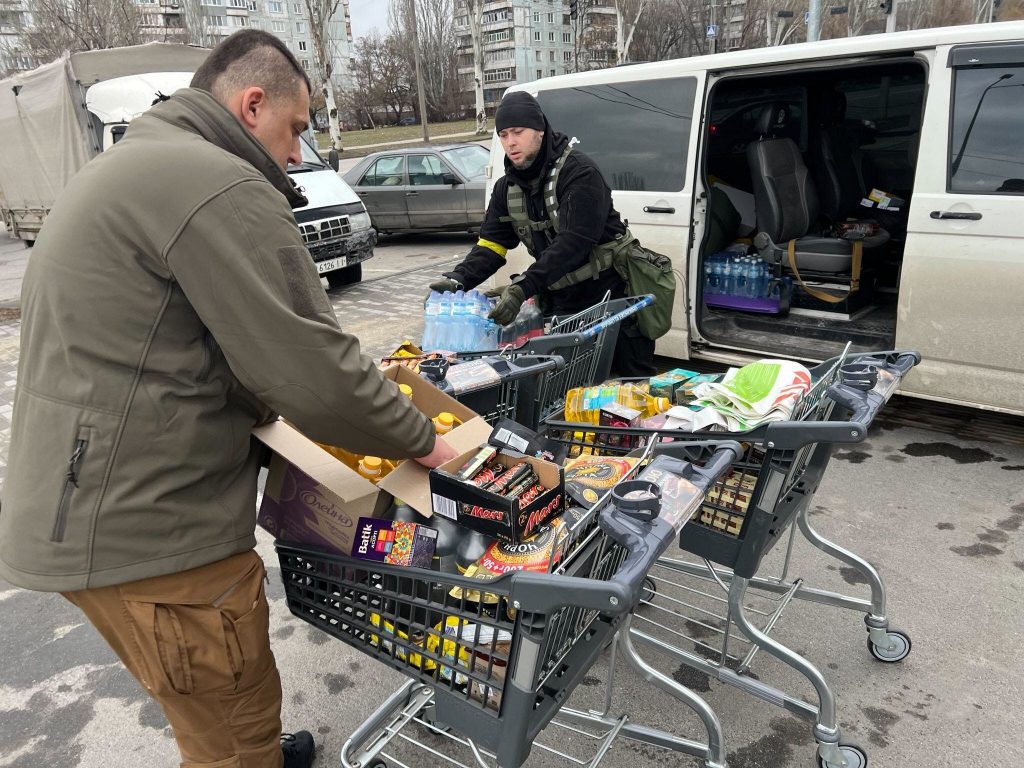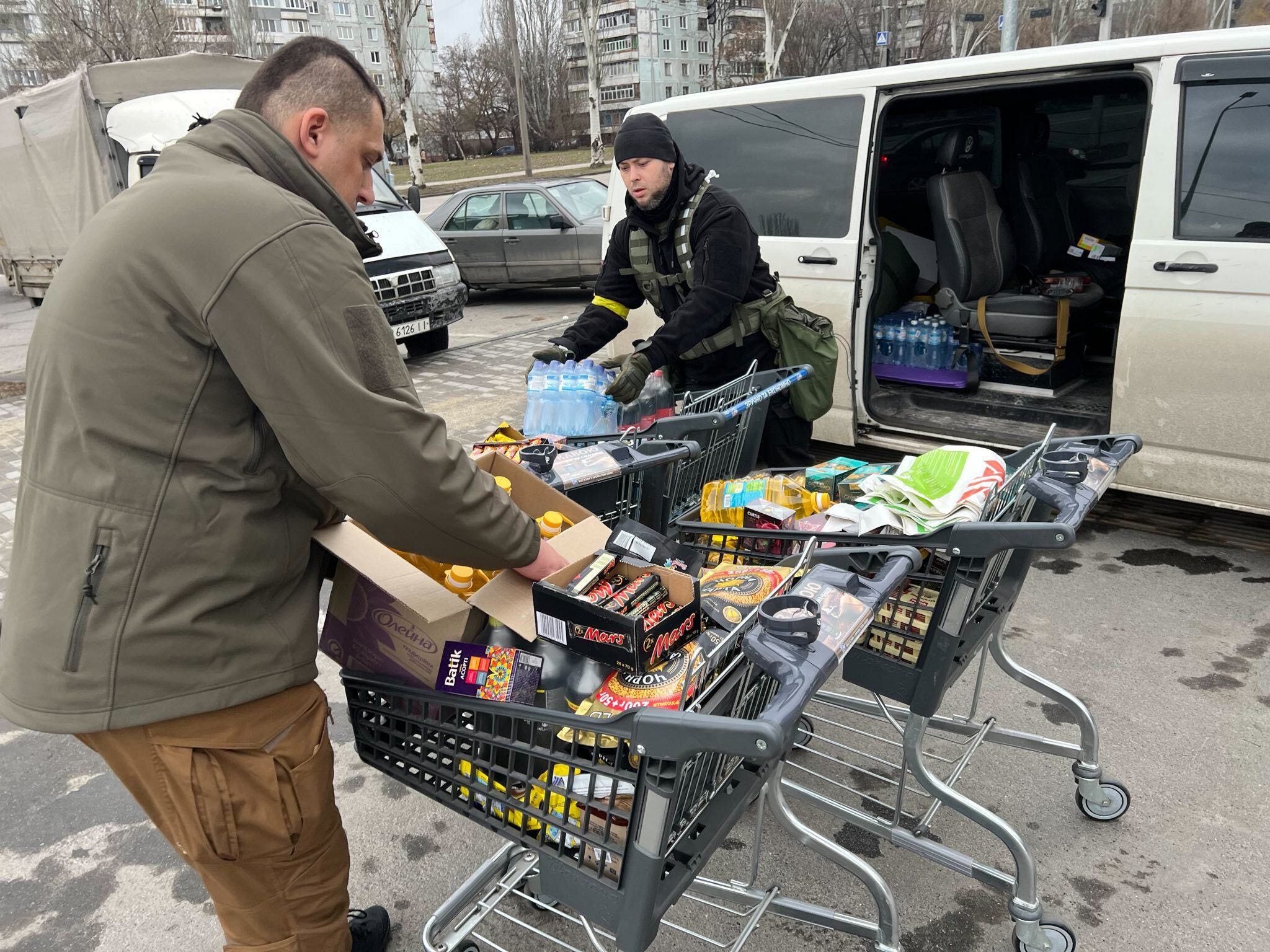
- Ukrainian volunteer fighters all over the country are short on supplies.
- The government is tasked with supplying arms, but other supplies come from the private sector.
- Uber alum Andrey Liscovich returned to Ukraine to fight. Now he's managing procurement instead.
Two weeks ago, Andrey Liscovich was working on a new startup in San Francisco, his home of the past seven years. Today, the former head of the now-sunsetted Uber Works staffing business is the unofficial procurement manager for the Ukrainian Territorial Defense Forces in his hometown of Zaporizhzhia — where Russian soldiers recently seized a nuclear plant.
In just one week, Liscovich, a handful of fellow Ukrainian volunteers, and seven former Uber colleagues in the US have built an operation running 15 trucks a day of essential supplies like boots, phones, portable chargers, cables, tourniquets, and protective gear to pickup locations for volunteer fighters to collect.
Liscovich turned up at the Zaporizhzhia volunteer enlistment office to fight on March 2, roughly one week into the Russian invasion. But when local leaders learned about his experience in tech and his Harvard degree, they put him to work building a supply chain for the under-equipped local volunteer forces.
"They decided given my background it would not be the best use of my time to give me an AK-47," Liscovich told Insider on Wednesday morning. "There were a lot of volunteers ready to fight, but not enough supplies."
The Ukrainian army has a formal procurement operation and mature supply chains. But, Liscovich said, the volunteer forces supporting the war effort receive little in the way of supplies, apart from weapons.
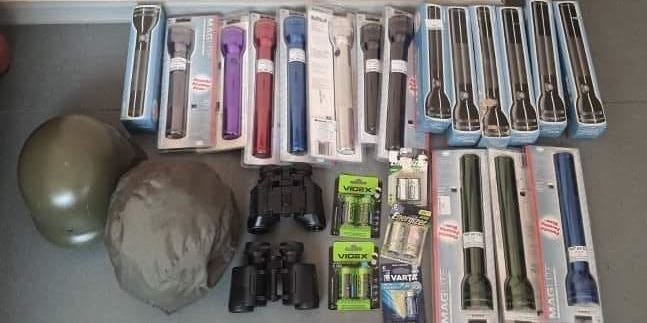
Other essentials — boots, phones, battery packs, helmets, camouflage gear, thermal cameras, body armor, night vision goggles, and more — must be privately sourced. Existing systems are slow, according to Liscovich.
"The situation among the volunteers is dire," he said.
His group initially pulled together $40,000 from friends, family, and former Uber colleagues. They've spent two thirds of it, and have set up a website to coordinate donations of supplies and funds.
From the Bay Area to a war zone
Liscovich was born in Zaporizhzhia and went to university in Moscow before getting a PhD in public policy from Harvard.
He left San Francisco for Ukraine just over two weeks ago, but spent most of February in Russia visiting friends. He also wanted, at that particular moment, to take in the city where he spent many years.
"Imagine if you could go to Berlin in August of 1939," he said.
A few days after arriving in Ukraine, the 37-year-old entrepreneur had two armed personal guards and a new job running procurement for the volunteer forces in his hometown, he said. It started driving around in an army-supplied van with an army escort, buying up whatever was available. Those stocks dried up in days.
"It's now very difficult to get anything useful in the city," he said. "Now everything needs to come through the Polish border."
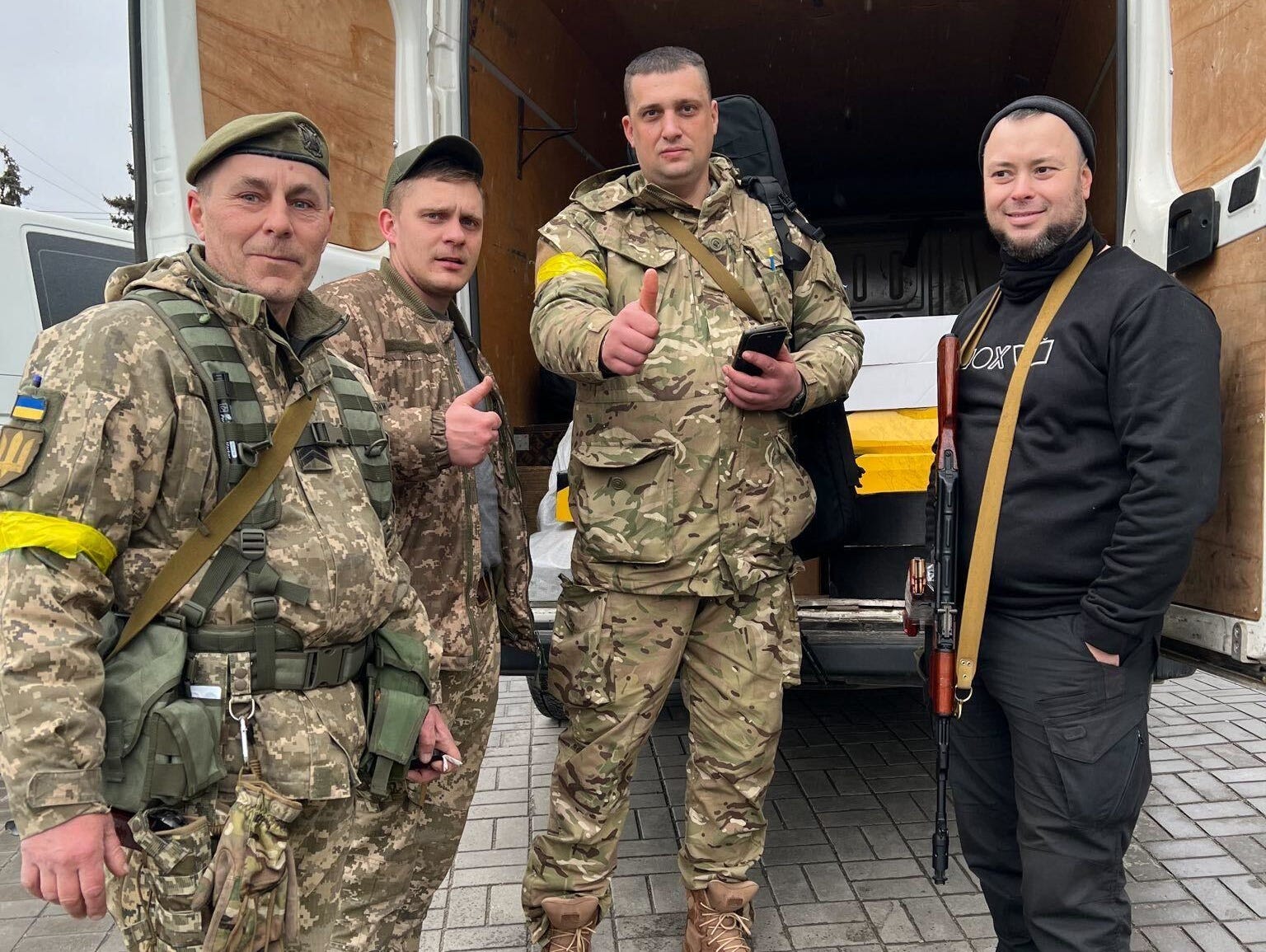
That's where his former Uber colleagues came in. When they learned what Liscovich was doing, six of them helped stitch together a supply chain operation, communicating over Discord, Signal and Telegram.
"This is so weird," Janeesa Hollishead, a consultant and former operations head for several projects at Uber, told Insider. "Bet you didn't think we'd be doing supply chain for a war two weeks ago," she told one of her teammates.
The team members switch between their regular jobs and their support work for Liscovich. Some spend a few hours a day on procurement, some six or seven.
Liscovich and his US team place orders from suppliers around the world and transport them to Poland. From there, two major Ukrainian logistics companies have teamed up to deliver supplies — sometimes in the same way Ukrainian citizens picked up packages at local storefronts just a few weeks ago.
The work has proved strangely familiar, said Jahan Khanna, CEO of a startup in stealth and former director of product at Uber, who's part of the effort. "We very quickly started to realize all these problems look very similar to problems we handled at Uber," he said. "How do you communicate? How do you get money? How do you logistically arrange for people to get stuff?"
"In many ways this is like starting a company," Liscovich said. "If you want to do something useful you need to be close to the users and understand what their needs are."
Supply chain crash course
The most dire need across the country, according to several aid workers and logistics executives consulted by Insider, is trauma medical supplies. But the nature of the war is challenging aid networks.
Aid organizations are typically not accustomed to supplying combatants, said Kathy Fulton, Executive Director of the American Logistics Aid Network.
"It's a world that a lot of the typical humanitarian aid world is not familiar with," said Jesse Levin, founder of Tactivate, of the current situation on the ground after two weeks in the region.
"This effort is very distinctly not humanitarian," Liscovich said. "There are a lot of people doing that. But, the problem with humanitarian aid is you cannot win a war with humanitarian aid."
Regulations restricting the export of military grade equipment from the US are complicating a swift response.
"We need the supply chain industry to step up," said Ben Gordon, managing partner of Cambridge Capital, who's attempting to marshal industry resources to help Ukraine win the war.
Goods are running smoothly from Poland into Ukraine for now, Levin said, and the last-mile delivery execution is not a problem, according to him and Liscovich. US officials have warned that Russian targeting of highways in western Ukraine could hurt the resupply effort, but as of Wednesday afternoon, the bigger challenge is getting the right goods to staging areas in Poland.
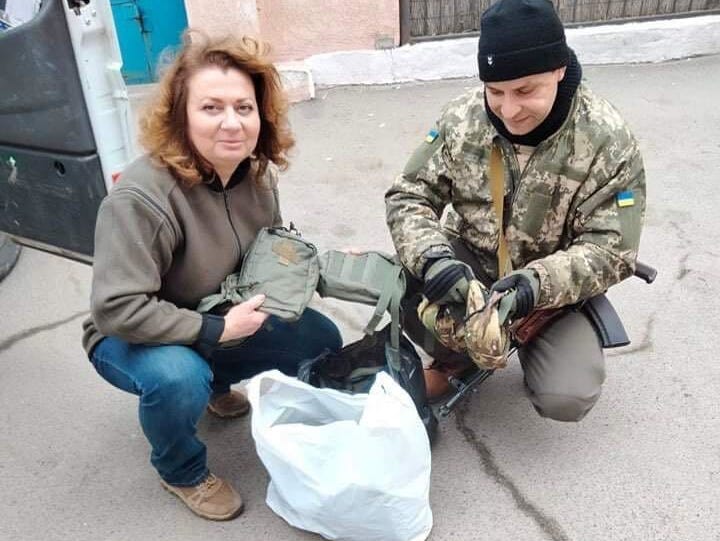
After 10 days working to boost supplies in Poland and Ukraine, Levin told Insider, the influx of Ukranians volunteering to fight created more demand than existing channels could fill. "It's not for lack of effort and it's not to imply that the Ukrainian army is under-resourced. No country would be able to outfit that many people that quickly," Levin said.
"It's a slow process by definition," Liscovich said. "We're trying to fill the gap from the time that the government needs to catch up with their supply chain."
He doesn't know if there's an equivalent of him in the larger cities to the north of Zaporizhzhia.
"I hope so," he said.
